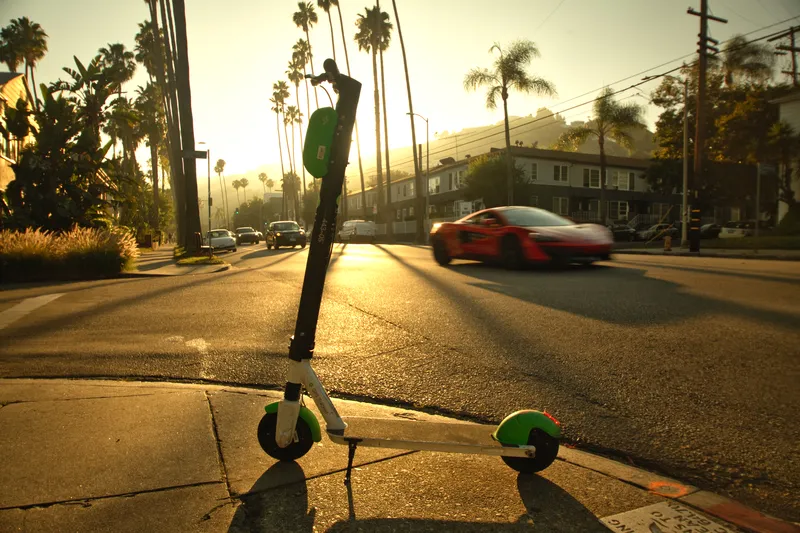Lime is building on a partnership with Google Maps which it says will allow riders to locate bikes and scooters in 80 cities worldwide.
Last December, Lime launched an initial pilot with Google Maps in 13 cities such as Brisbane, Australia, and Seattle, Washington.
Lime says the estimated costs and arrival times will be visible next to each vehicle to help users better gauge their transportation options.
Riders can view nearby Lime bikes and scooters by tapping the transit icon in Google Maps. Onc
March 11, 2019
Read time: 1 min
Lime is building on a partnership with Google Maps which it says will allow riders to locate bikes and scooters in 80 cities worldwide.
Last December, Lime launched an initial pilot with Google Maps in 13 cities such as Brisbane, Australia, and Seattle, Washington.
Lime says the estimated costs and arrival times will be visible next to each vehicle to help users better gauge their transportation options.
Riders can view nearby Lime bikes and scooters by tapping the transit icon in Google Maps. Once ready to unlock the scooter, a tap on the Lime card will direct users to either the Lime app or appropriate app store.
The service is available in US cities such as Washington, DC and Orlando, Florida as well as in European locations such as Stockholm, Sweden, and Warsaw, Poland.








